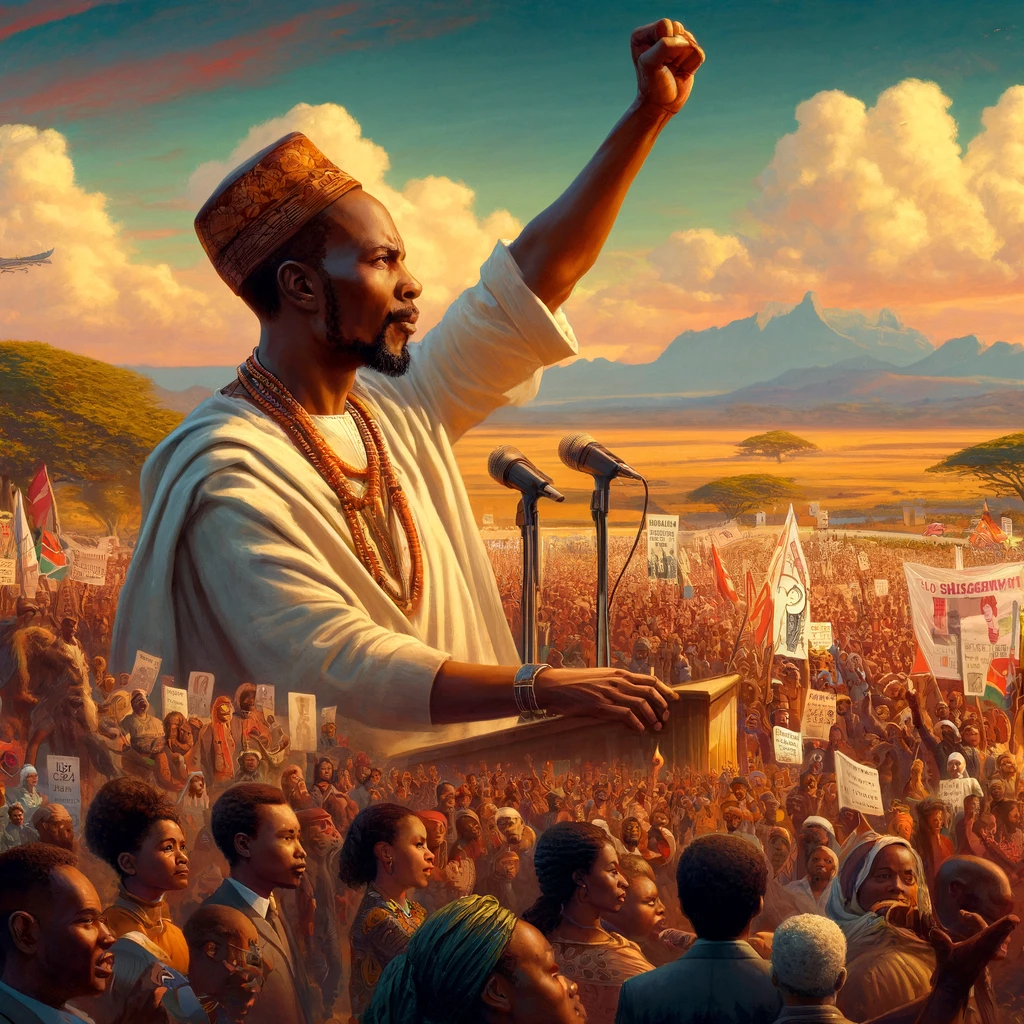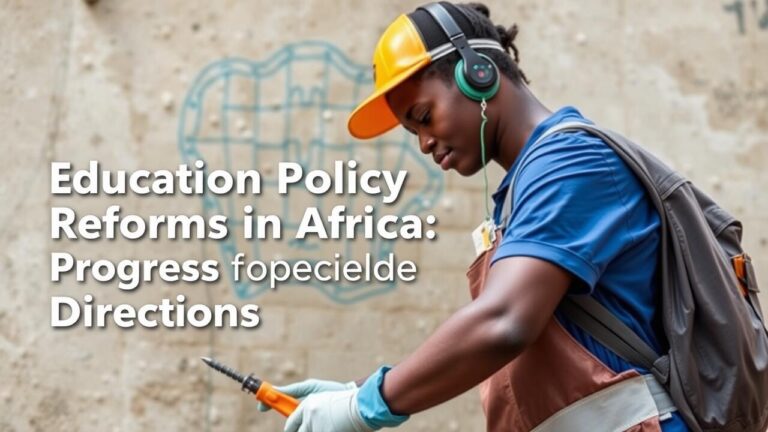Harnessing the Power of African Political Advocacy
In the vibrant tapestry that is African politics, political advocacy stands out as a crucial thread, weaving through the continent’s diverse socio-political landscape. As someone looking to understand or engage in African political advocacy, you’re embarking on a journey that’s as rewarding as it is challenging. This post aims to demystify this arena, offering you insights, examples, and practical tips that illuminate the path of advocacy on a continent where every voice has the power to shape the future.
Understanding African Political Advocacy
At its core, African political advocacy is about championing causes, influencing policy, and shaping governance to reflect the will and needs of the people. It’s a dynamic field that blends traditional grassroots mobilization with modern digital campaigns, reflecting Africa’s unique blend of tradition and innovation.
The Landscape of Advocacy in Africa
A rich diversity of cultures, languages, and histories marks the African political landscape. Political advocacy here must navigate varying degrees of freedom, political stability, and public engagement. From the bustling streets of Nairobi to the quiet villages of Mali, advocacy efforts must be tailored to local contexts, even as they address global themes like human rights, environmental conservation, and economic development.
Key Players in African Political Advocacy
Understanding who shapes and participates in African political advocacy is crucial. This includes a spectrum of actors, from local community organizers and non-profit organizations to international NGOs and diaspora communities. Each plays a role in influencing policies and public opinion, driven by a commitment to societal progress and justice.
Strategies for Effective Advocacy
Successful advocacy in Africa requires strategies that resonate with both local communities and broader political structures. Here are some pivotal approaches:
- Grassroots Mobilization: Building movements from the ground up, leveraging community networks and local knowledge to advocate for change.
- Digital Campaigning: Utilizing social media and digital platforms to raise awareness, mobilize support, and pressure policymakers.
- Coalition Building: Forming alliances with like-minded organizations and groups to amplify advocacy efforts and share resources.
- Engaging Policymakers: Directly influencing policy through lobbying, policy recommendations, and participation in public forums and consultations.
Case Studies: African Advocacy in Action
Examining successful advocacy campaigns in Africa provides valuable lessons. Whether it’s the fight against apartheid in South Africa, environmental activism in Kenya, or democracy movements in Tunisia, these examples highlight the power of collective action, strategic planning, and resilience in the face of adversity.
Navigating Challenges in African Political Advocacy
Advocacy in Africa is not without its challenges. Political restrictions, limited resources, and social divisions can hinder efforts. However, understanding these obstacles and developing strategies to overcome them is part of the advocacy journey.
Building Resilience and Adaptability
Resilience in advocacy means being prepared for setbacks and maintaining focus on long-term goals. Adaptability involves evolving tactics in response to changing political climates and leveraging opportunities as they arise.
FAQs on African Political Advocacy
How can individuals outside Africa contribute to advocacy efforts?
Support can come in many forms, including financial contributions to reputable organizations, amplifying African advocacy campaigns on social media, or lending expertise in areas like policy analysis, digital marketing, or legal advice.
What are the most pressing issues facing African political advocates today?
Challenges vary by region but commonly include issues related to human rights, environmental protection, governance and corruption, and economic inequality. Advocates often work at the intersection of several issues, reflecting the complex interdependencies in African societies.
How do digital platforms impact political advocacy in Africa?
Digital platforms have revolutionized advocacy in Africa, offering new ways to mobilize support, disseminate information, and engage with policymakers and the public. However, they also pose challenges related to digital literacy, access, and government censorship.
Conclusion
African political advocacy is a testament to the resilience, creativity, and passion of its people. It’s a field where challenges are met with courage and where every victory, no matter how small, contributes to the fabric of a more just, equitable, and sustainable continent. As you dive deeper into the world of African political advocacy, remember that the journey is as important as the destination. Your efforts, whether through direct engagement or supportive actions, are part of a larger movement toward positive change. Keep learning, keep advocating, and keep believing in the power of voices united for a common cause. Together, there’s no limit to what can be achieved in the realm of African political advocacy.







